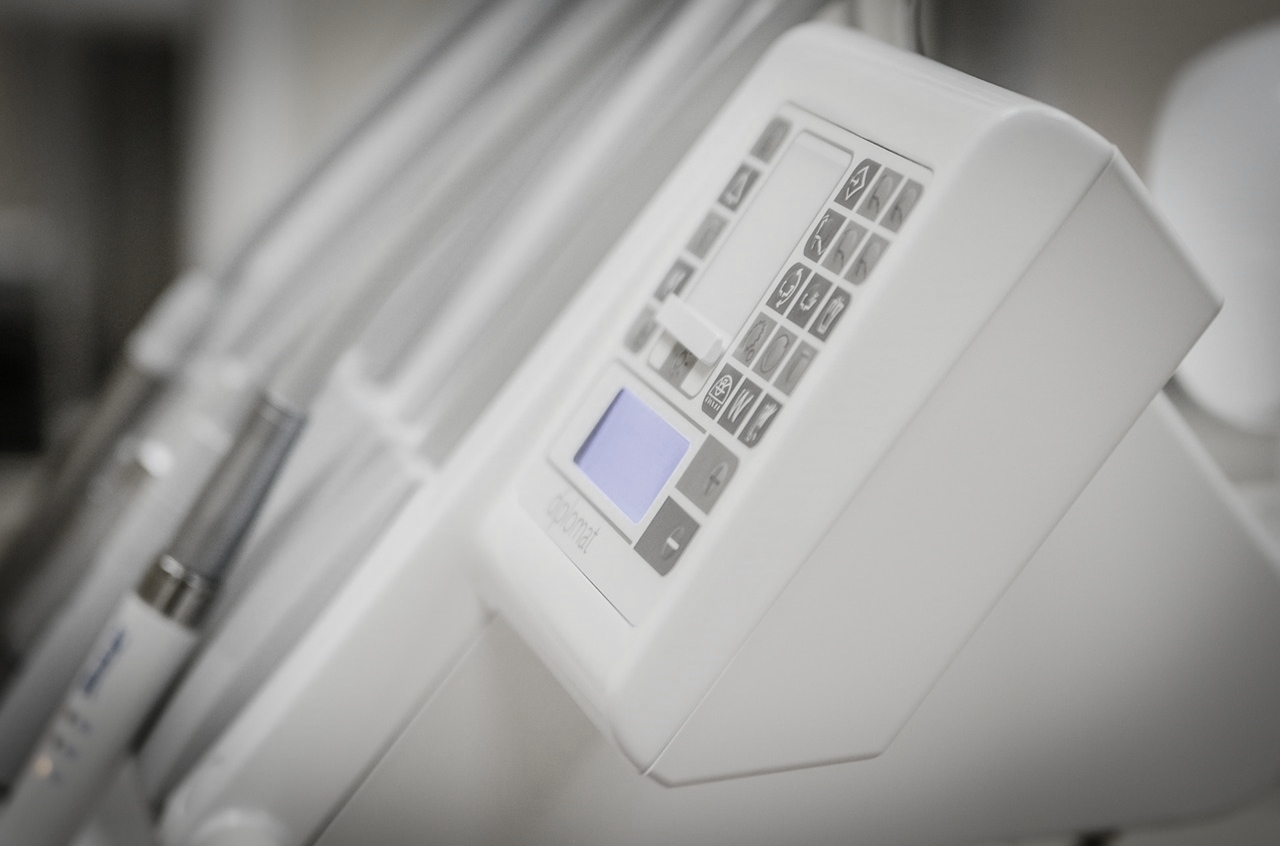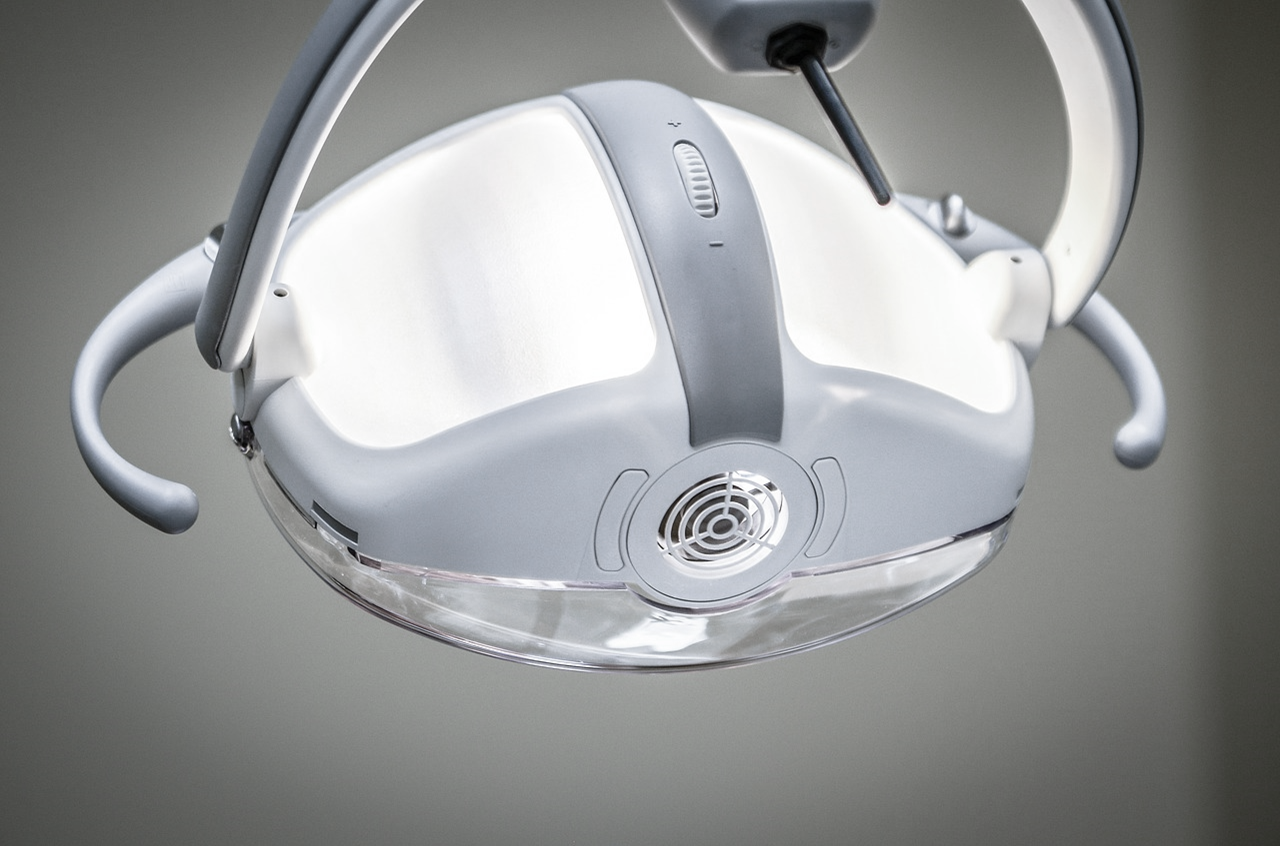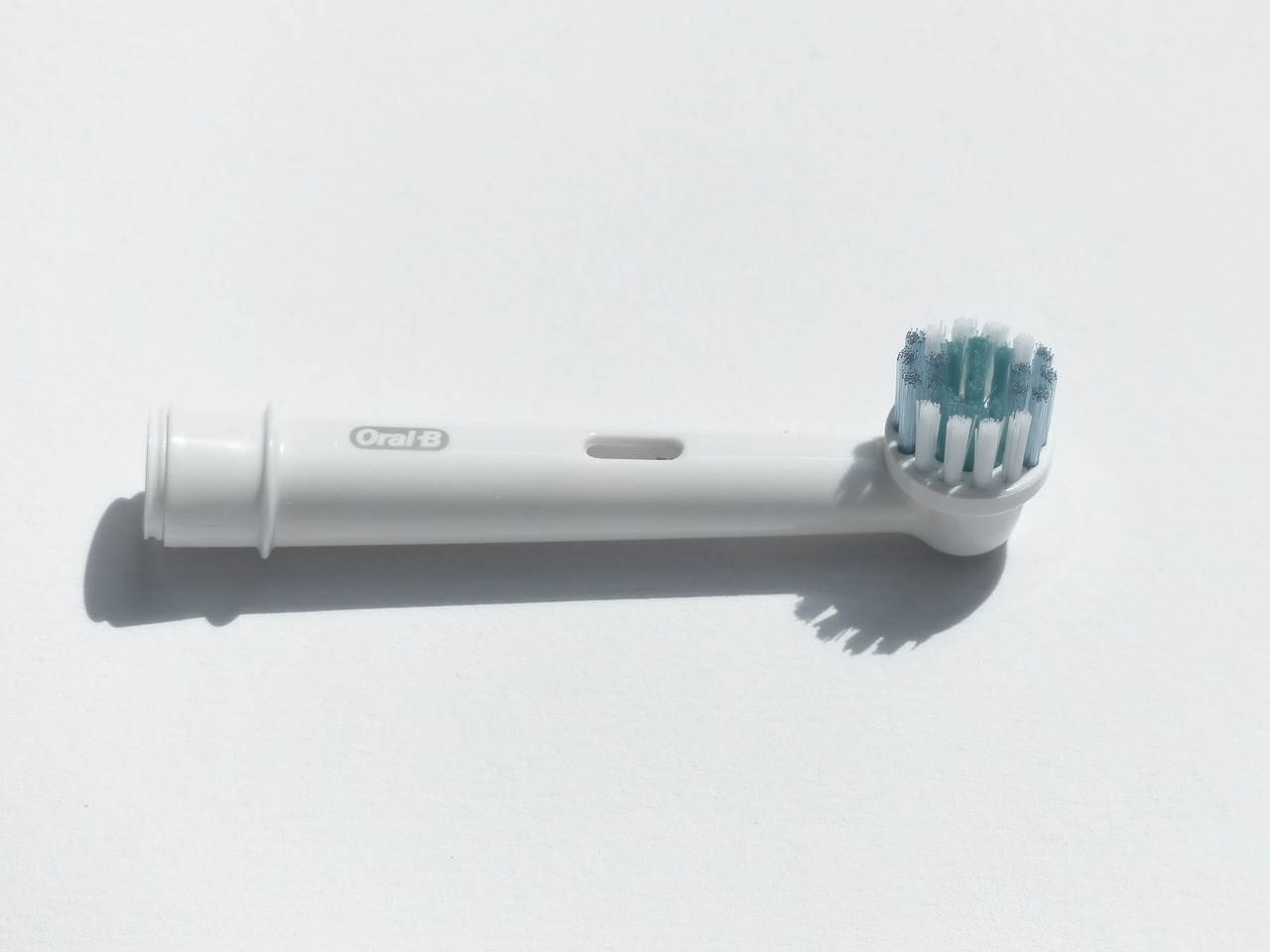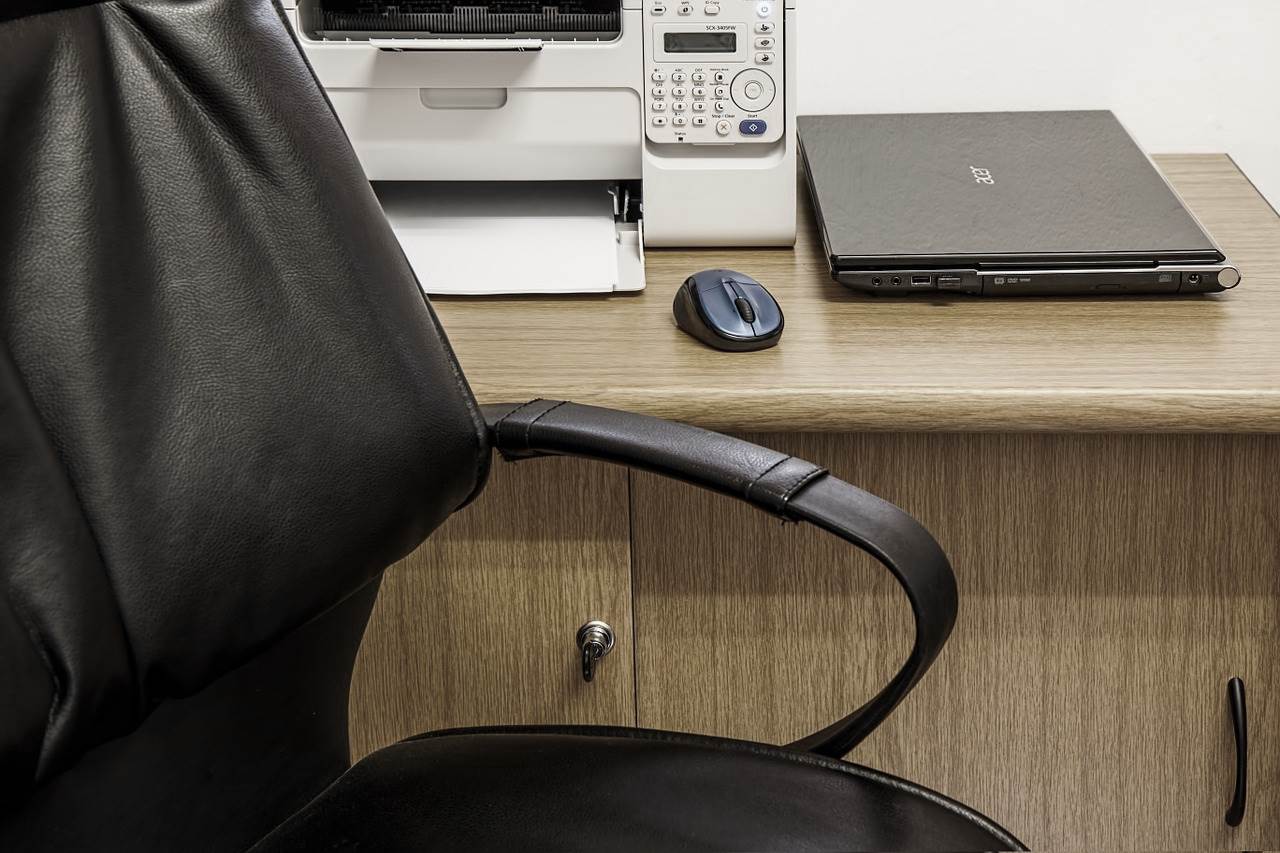
Vital Signs – Third Party Landlord Leases and Premises Risks: A Solution?
Date: 12/06/2019 | Healthcare
In a previous article we explained one of the key ways in which Premises Risk affects Practices who lease their premises from Third Party Landlords (i.e. what doctors sometimes refer to as PFI schemes). The National Code of Practice for GP Premises makes detailed provision for ameliorating these risks. The purpose of this briefing note is to identify what the Code of Practice actually provides, to explain how Health Boards are going about implementing the policy and to give some guidance to Practices who may want to take advantage of what is on offer.
What does the Code of Practice provide?
The Code of Practice sets out what Practices need to do if they no longer want to lease their Premises from a Third Party Landlord. It suggests that there are three options for a Practice in this case:-
1. The Health Board negotiates a new lease with the landlord with the Health Board becoming the tenant.
2. The Practice assigns (i.e. transfers) the existing lease to the Health Board.
3. The Health Board provides alternative accommodation for the Practice when the current lease expires.
Option 3 (i.e. provision of alternative accommodation) normally takes a long lead-in time as suitable premises require to be identified. This means that realistically, at least in the immediate term, it is likely that most affected Practices will be looking at one of the first two. Precisely which route will be adopted depends on how long there is left to run on the lease. The Code of Practice says that if a lease expires before 1st April 2023 it is only in the “rarest of circumstances” that a Health Board will take an assignation. However, it seems reasonable to anticipate that Practice “collapse” may be a rare circumstance.
However, at the date of writing (June 2019), most of the situations Davidson Chalmers Stewart are advising on involve the second, namely assignation to the Health Board. This includes situations even where leases come to an end before 1st April 2023.
It is critically important to appreciate that none of these options automatically release the Practice concerned from its accrued dilapidations liability. Indeed, there is the potential for that liability to be crystallised now thereby turning a potential future issue into a real current issue. The Code of Practice makes it clear that accrued dilapidations liabilities must be met by the Practice concerned although there may be financial support provided in certain circumstances.
Lease Pre-requisites
Where the Health Board is either negotiating a new lease or taking an assignation of an existing lease, the lease must meet certain pre-requisites:-
1. It must allow the Health Board to use the premises for the provision of health and social care services (i.e. not just for general practice);
2. It must permit sub-letting/occupation of part of the premises for health and social care services;
3. It must permit sub-letting/occupation on terms which differ from the head lease.
These are all matters which typically will not be permitted in an existing lease. In a lease assignation it follows that as well as asking the landlord for consent to assign the landlord will also need to consent to the lease being amended.
Key steps
Where a Practice wants the Health Board to take an assignation of the lease the steps to be gone through are:-
- Register intent to assign the lease with the Health Board. This is not a guarantee that the Health Board will agree to accept an assignation of the lease but merely an indication of the Practice’s intent;
- The Lease must not have been varied since it was originally approved by the Health Board in a fashion which means it is no longer value for money. Variation could include rent reviews, premises alterations, lease extensions or indeed any other change. This pre-supposes that the Practice in fact obtained the Health Board’s approval when the lease was first entered into and that each rent review has been as approved by the District Valuer. We are aware that, in some Health Board areas, this may not always have been the case. It remains unclear how Health Boards will deal with such situations although it seems reasonable to expect that they will retrospectively consider approving such leases;
- The landlord must consent to the assignation and the variation of the lease as outlined above. At the time of applying to register the lease with the Health Board Practices will need to show that the landlord has consented in principle. Practices need to be aware that they will be liable for the landlord’s professional costs in addition to their own professional costs. Such costs will not be insubstantial.
- The Practice must agree with the landlord how much it must pay towards dilapidations. There may be occasions when asking the landlord to agree the accrued dilapidations liability is sensible. However, those occasions are likely to be rare. It will normally be more sensible to agree a settlement figure with the Health Board without reference to the landlord. It may be more prudent for the Practice and the Health Board to give a contribution to be paid by the Practice to the Health Board without involving the landlord. Whilst the Code of Practice does not refer to this as such some Health Boards have agreed to proceed in this fashion. In either case payment will actually need to be paid. Even where premises have been generally well looked after dilapidations are likely to amount to several thousand pounds. It is not uncommon for the initial assessment of the liability to run into six figures. Practices should not, however, assume that is what they will have to pay. Given the sums involved Practices may decide to engage their own surveyor to work with their lawyer in negotiating the level of liability.
- The Health Board must be satisfied the premises comply with all relevant statutory provisions and meet the minimum criteria set down by the Premises Directions.
- The Practice must agree the terms on which it will continue to occupy the premises. This is likely to involve a sub-lease from the Health Board to the Practice. Practices need to consider very carefully what their liability may be under any such sub-lease to ensure that they are not replacing an onerous lease from a third party landlord with an onerous sub-lease from the Health Board. Particularly consideration should be given to any provision which simply obliges the Practice to meet a percentage of the Health Board’s liability to the third party landlord.
Of course, the formal legal contracts dealing with all of this will need to be agreed and entered into.
It is clearly the case that not every Practice who applies to assign its lease to the Health Board will be successful.
Is there Funding Support Available?
The Code of Practice makes it clear that there may be funding available to help Practices to meet dilapidations costs. For Practices who can demonstrate that they have taken all reasonable steps to maintain their premises in the condition their lease requires may be entitled to funding from the GP Premises Sustainability Fund. This fund is budget-constrained. It follows that the earlier a Practice applies the more chance of successfully securing funding they have. It is understood that such funding would be made by way of a grant. When applying for a grant a Practice will be expected to demonstrate that it has “looked after” the premises during its period of occupation. This is likely to involve a requirement to provide evidence of actual expenditure during the lease.
Practices who have not maintained their premises in the condition their lease requires may still be entitled to a loan from the GP Premises Sustainability Fund. This would differ from a Sustainability Loan to Practices who own their premises in that it would be repayable.
What are Health Boards doing?
Health Boards are starting to finalise their registers of those Practices who wish to assign their premises. Some Health Boards are now starting to implement that process. Most of the specialist health centre landlords are receptive to consenting to assignations to Health Boards. However, their approaches do differ and the process they require to implement needs clearly understood and carefully managed. Landlords are likely to use any request for consent to assign as the opportunity to bring all issues arising under the lease to a head. For instance, if there are outstanding rent reviews the landlord is likely to require that these are settled before giving consent.
It remains unclear how Health Boards will respond to requests for grants (or indeed loans) from the GP Premises Sustainability Fund Grant.
As Health Boards start to get to grips with creating Registers of leases which Practices wish to assign to the Health Board it will become clearer how each Health Board intends to deal with matters. However, it seems inevitable that there will be variations across Health Board areas. Managing the demands of the Scheme put in place by the Code of Practice for GP Premises alongside the commercial interests of third party landlords will require delicate negotiation in order to ensure that Practices are able to extract themselves from their lease with as little pain as possible. At Davidson Chalmers Stewart our in depth understanding of the business of General Practice, the requirements of the Code of Practice for GP Premises and the key drivers for commercial landlords means that we are uniquely positioned to be able to provide specialist commercial and legal advice to Practices.
If you would like to find out more please contact partner, Andy Drane.





















































